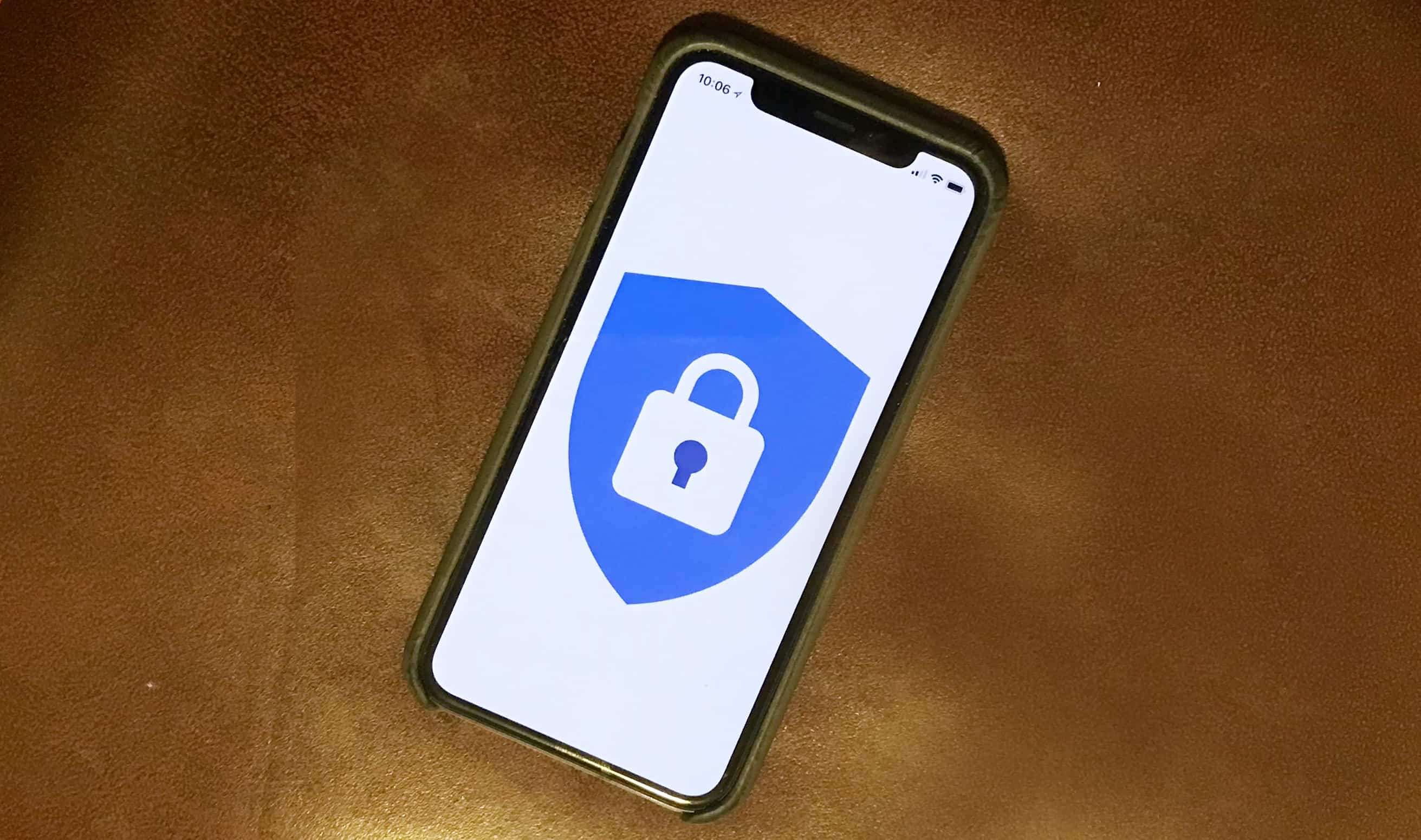In a 2021 survey, 80% of people reported feeling that their memories were worse than before the pandemic.

If our memories are degrading, then it could be down to a combination of factors. Ageing, stress, anxiety, isolation, inadequate sleep and poor nutrition are increasingly prevalent issues, and are all associated with deficient memory.
For now, let's investigate technology and its impact on our ability to store and recall information.
Use it or lose it
We outsource our memory to our devices. We don't need to expend mental resources on memorising something arbitrary like a phone number or what zone we parked our car in if we can store it and extract it from our devices at any time in thorough and precise detail. This ability allows us to be more productive and efficient, no doubt.

However, we still need to be able to store and recall information from our own memory. Digital storage is (currently) limited to audio and visual information - just 2 of the 5 senses with which we interpret the world. Emotional and visceral information associated with our memories cannot be transferred to an external device. Also, Strapping your phone to your forehead and recording everything isn't very practical.
There is evidence to suggest that a lack of brain activity causes atrophy in grey matter, i.e., we get worse when we don't practice. This might make us more reliant on our devices, which perpetuates the problem. Most of us have experienced a decline in the ability to perform mental arrhythmic as a result of using a calculator. Could it be the same for memory?
We suspect that habitual technology use could affect specific aspects of memory.
Have you noticed that older people are generally better at geography, navigation and remembering addresses? One study has shown that habitual use of GPS negatively impacts spatial memory during self-guided navigation. We don't need to engage our hippocampus when we're following simple instructions, so its capacity decreases. By making things easier, we might use our brains less - something which is strongly correlated with dementia. Perhaps it's this, on a very small, specific scale.
Before smartphones, we've always written things down - which actually, has been proven to increase recall. Typing should do the same. However, writing does outperform typing in studies, perhaps because the physical action of writing increases our ability to process information.
Overwhelm
In the UK, people spend an average 2 hours on social media, and 3-4 hours watching TV per day - often simultaneously. Throw in music, podcasts, newspapers, email, and constant notifications, and you have a huge, unprecedented amount of input. Some of this input might be important, useful, productive or entertaining. A lot of it isn't.

Spending a lot of time on consuming meaningless information displaces time that we would otherwise spend reflecting and consolidating important information. The signal gets lost in the noise. Don't you think that we'd be more likely to recall an interesting article that we'd read if we didn't skim over 300 headlines and Instagram stories immediately after?
This is a relatively new thing. Apps are competing for our attention, and our brains aren't adapted to handle fast, infinite scrolling - think TikTok videos and Instagram reels. Our brain has to flush out the excess rubbish, and so it might flush some important or valuable information away with it.
Distraction
It's well documented that humans cannot efficiently multitask, unless the two tasks occupy different parts of the brain, or if one or both of the tasks is not cognitively demanding. If you're paying attention to your phone, you're not paying attention to something else, and so you will not create a solid, reliable memory in the first place.
Think you can multitask? Read a book whilst watching a film. See if you remember anything a week later.

Another facet of distraction is context switching. This is when you jump from task to task, instead of dedicating your full attention to one task for a given period. Getting into deep work or a flow state is hard - it takes 20 minutes to get re-focused on a task after distraction. This causes a 20% - 80% reduction in workplace productivity. Logically, there is no way that you will remember as much if you constantly shift your focus. This has become a huge issue in our digital world, where people are constantly pulled into email exchanges, Slack updates, and impromptu Zoom meetings; not to mention the need to check Facebook every 5 minutes. When you get back to work, you've forgotten where you were. The magical insight that was on the tip of your tongue - gone.
Sleep Disruption
Sleep plays a critical role in memory in two ways:
-
Memory acquisition occurs when we are conscious. Lack of sleep impairs our ability to focus and learn efficiently.
-
Memory consolidation occurs in REM sleep. Studies have shown that sleep improves procedural memory (skills and procedures), and declarative memory (facts and events).

Technology interferes with our natural biorhythms in several ways. Screens emit blue light, which causes a decrease in melatonin production - the sleepy hormone. Online content is often stimulating, and sometimes anxiety-provoking, which promotes wakefulness. Responding to emails at 11PM and 5PM isn't good either. All of these things have been proven to reduce the quality and quantity of sleep.
Our
previous posts provides several tips on how to optimise your sleep, including why you shouldn't snooze your alarm.
Social Isolation
People spend a lot of time on social media, which has displaced in-person interaction.
One study on young adults aged 19–32 found that people with higher social media use were more than three times as likely to feel socially isolated than those who did not use social media as often.

Studies have demonstrated a clear link between social isolation and increased memory decline. Therefore, if endless timelines, reels and messages are pulling you away from in-person interaction, it might have an adverse effect on your memory.
Conclusion & Recommendations
It's clear that technology has introduced a ton of benefits and costs to us individually and as a society. Our memory is a very complex system, which neuroscientists are still learning about. The effects of technology on our brains are not fully understood, and much more research is required.
We don't think that tech has directly made our memories worse, but the indirect effects have probably had a negative impact - reducing our attention span, distracting us, overloading the brain and decreasing sleep quality.
Here's 6 simple heuristics which can potentially negate the negative effects of technology on your memory:
-
Write or mindfully type information that you need to recall as appose to copying and pasting into a notes app.
-
Find ways to actively challenge your memory, especially if your job/lifestyle doesn't rely on regular recall.
-
Avoid or minimise the consumption of junk content which takes up valuable brain space.
-
Assign dedicated time windows for focused work or learning, with your phone out of sight and/or on silent; and dedicated time for scrolling, checking emails etc.
-
Prioritise sleep quality - ditch the phone an hour before bed.
-
Switch out social media for meeting friends.
As always with tech - it's how you use it that matters.

Compared to computers, humans are frankly terrible at storing specific, one-off pieces of data. Outsourcing this task frees up the brain for deep introspection and creative problem solving, which is arguably a better use of our cognitive systems (including memory) than trying to memorise a textbook.
Albert Einstein said it a tad more succinctly than us - "Never memorize something that you can look up."

for the latest industry news, tech tips, company updates, and anything else we feel like writing about.




























